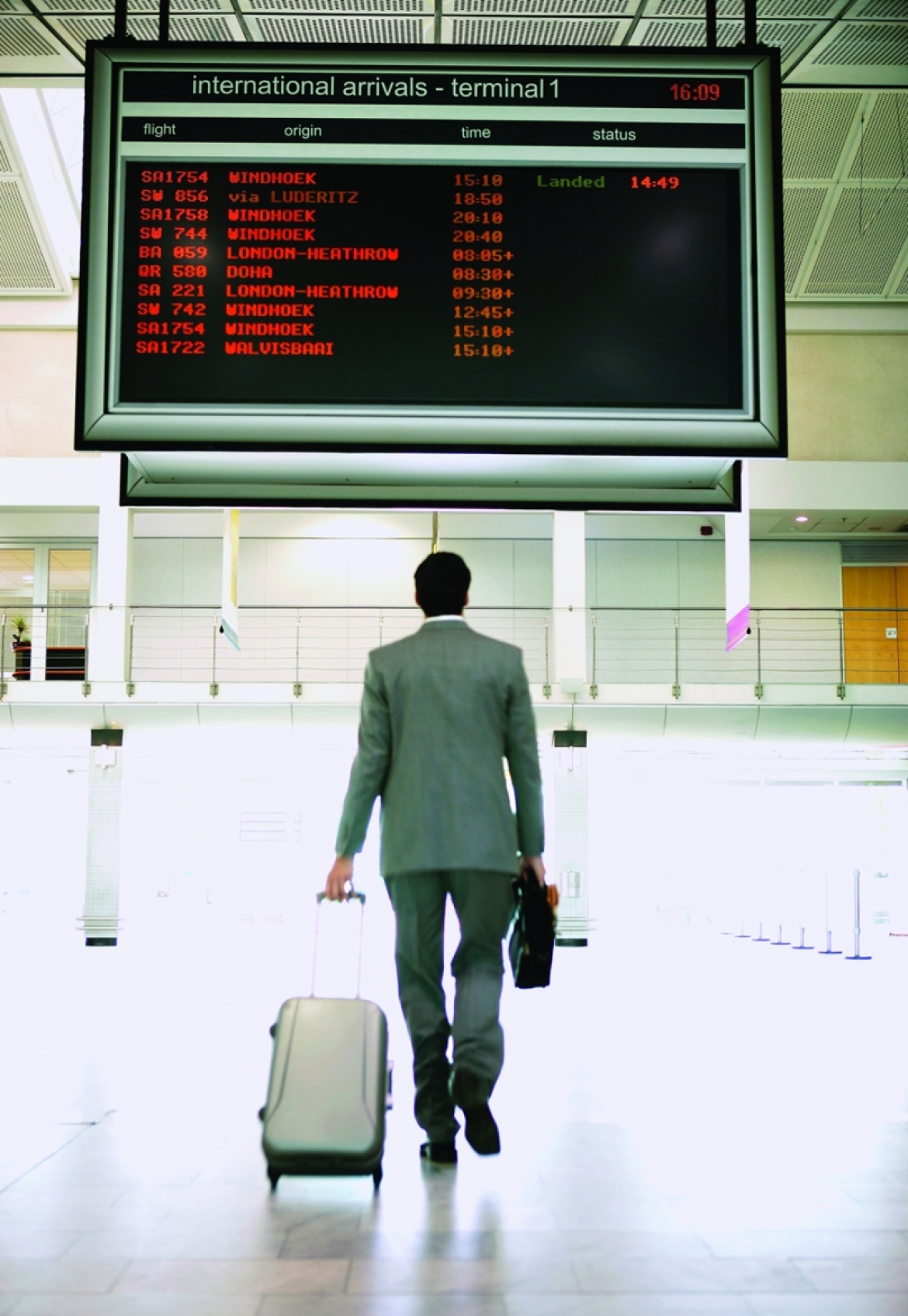Similar to private travel, business travel costs can be expensive. But many firms rely on business travel to build their business and learn about the latest trends facing their industries.
As a result, removing business travel from the list of expenditures is not an option for these businesses. Fortunately, there are several ways businesses can cut travel costs without sacrificing the benefits that business travel provides.
Comparison shop
Just like private citizens do when booking vacations, businesses can benefit from comparison shopping. Compare corporate rates at various hotels and, if sending multiple employees to the same event or city, contact the hotels you're considering to inquire about group rates or discounts. Like many industries, the hotel industry has not been immune to the economy's struggles over the last half decade, and many hotels are flexible with regard to room rates and discounts. Compare hotel rates and choose the one that's the best fit for your budget and your employees.
Reduce travel
While travel is necessary, advancements in technology have made it easier than ever before for companies to connect without being in the same city, let alone the same building. Treat each business trip individually, asking employees if a trip is truly necessary or if a video conference or conference call can accomplish the same goals without the expense of travel. When traveling for internal meetings, choose a location that's within driving distance so no one has to stay overnight.
Reduce airfare and accommodation costs
Airfare costs can eat up a substantial amount of a company's travel budget. Instead of flying in business or first class, choose economy class, especially when flying domestically. When buying flights, use the company credit card, which can accumulate points that can eventually earn you free or heavily discounted flights.
You can also reduce the cost of accommodations. When sending junior associates or low-level employees on a business trip, reconsider getting them their own rooms. Having employees share rooms can reduce hotel costs considerably. In addition, when multiple employees are traveling to the same meeting or conference, consider renting a hotel suite rather than a handful of individual rooms.
Reconsider rental cars
Many firms pay for employees to have their own rental cars on business trips. However, in many instances the rental car might be an unnecessary or avoidable expense. If an employee is staying in the same hotel that's hosting a meeting or conference, he or she won't need a rental car. If not, arrange for the employee to stay in a hotel that's closer to where he or she needs to be. The cost of cab fare or public transportation for the day may pale in comparison to the cost of renting and insuring an automobile.
Establish a per diem
Employees who travel often might be used to having three square meals at fancy restaurants. Instead of paying for all expenses when the employee returns with a trip's worth of receipts, give employees a per diem limit when traveling. Set the per diem at a reasonable level, and be sure to reimburse employees for any meals they paid for when wooing existing or potential clients.
Coordinate travel plans
If traveling to a meeting or conference in a given city, visit existing clients or associates while in that city rather than making a second trip in the future. Coordinating your travel plans can save you from buying multiple flights and renting multiple vehicles.
Studies have shown that business travel can benefit a company's bottom line. But just because travel is beneficial, that doesn't mean it's cheap. Business owners can employ several tactics to help their businesses grow while saving money.

